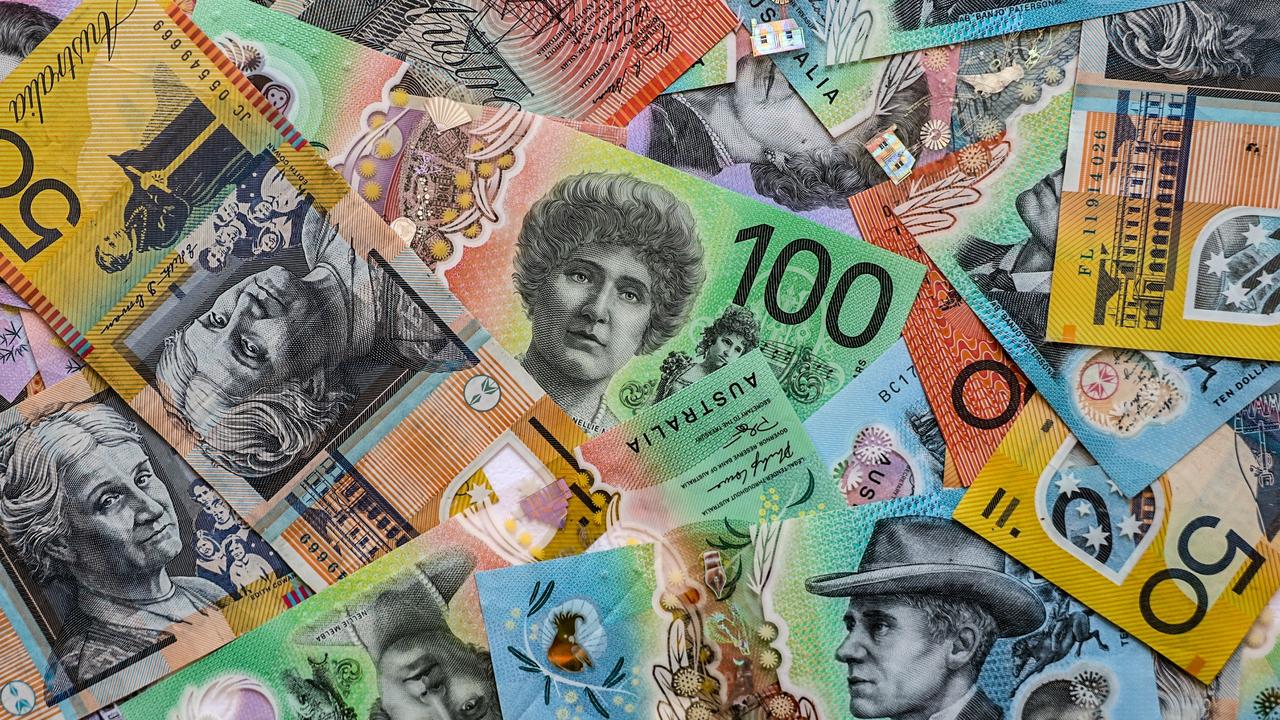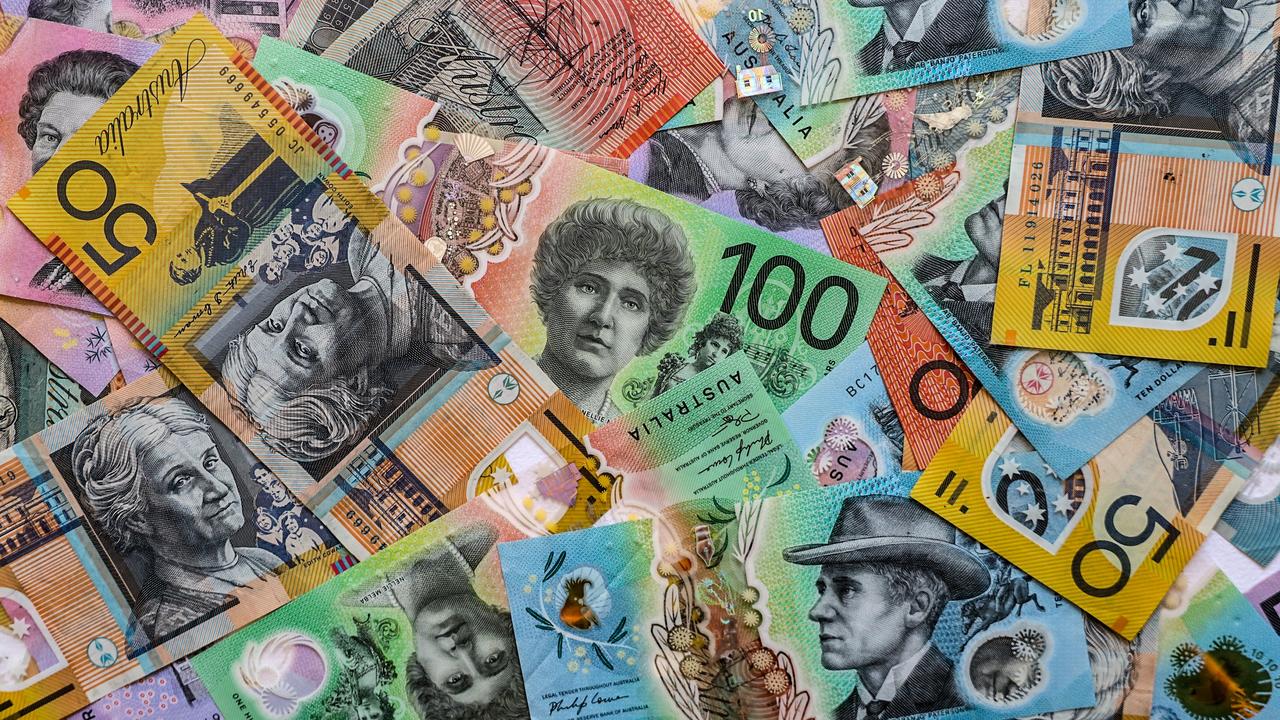Australians superannuation funds over frustration on climate change
People are voting with their wallets and seeking out ways to have their hard-earned cash do good and protect the environment.

After bushfires devastated Australia at the start of 2020, one superannuation fund saw a groundswell in new members as people voted with their wallets over climate change concerns.
Future Super, which focuses on zero fossil fuel investment, saw an almost 200 per cent increase in the number of members joining in 2020 compared to the previous year, growing to more than 30,000.
Kirstin Hunter, CEO and cofounder of Future Super, said Aussies are looking for ethical finance options at a time when governments around Australia and the world seem to be stalling on climate change.
The fund refuses to invest money in companies and industries “that create harm”, explained Ms Hunter, including fossil fuels, alcohol, tobacco, gaming, live animal export and private prisons.
“I think 2020 was a year where the cost of climate change became very visible for people and the cost of the economic model in terms of the impact the system is having on the world is helping people connect with the power of money,” she explained.
“Superannuation has potential to be invested in way that creates environmental or social harm or invests in a way that frees it up from climate change and inequality by the time people retire.”
Natasha Zraikat, 40, made the switch to Future Super because she saw it as a “powerful tool” to make a difference. She believes the current government policy focuses on profiting off the environment now and forgets about future generations.
“I have been really frustrated with the government and lack of government action and the blatant destruction of our environment and I saw it as way to take power back,” she said.
“Australia has become one of worst offenders in the entire world as far as environmental inaction goes — we are sitting down there with Saudi Arabia and Russia and are below Kazakhstan. It’s a really urgent and important issue and something that I simply can’t ignore.
“I’m so glad people are starting to realise that you can use money as power to achieve good in the world and minimise our impact.”
RELATED: Controversial move nabs $700k unit

Ms Hunter added that people are rejecting the idea you have to destroy the planet to build your retirement savings.
“Last year’s bushfire season drove people to Future Super as they experienced climate catastrophe for the first time, and it was only the start,” she said.
“People don’t want to choose clean energy or profit. They want both and they’re realising they can have both. Superannuation underpins the Australian economy, it’s just about channelling that enormous pool of money in more positive directions like renewable energy and it wouldn’t take much to affect even more change.”
Future Super members’ money goes into companies working on renewable energy, recycling, health, sustainable products and efficient transport, she added.
Ms Zraikat said Aussies can band together and use their money as a tool for change.
“Even if you have a relatively modest amount in a savings account, superannuation or bank account, collectively it turns into a huge sum of money,” she said.
RELATED:Fund blasted for duping customers

Research from the Rainforest Alliance uncovered that 87 per cent of consumers expect companies to operate responsibly to address social and environmental issues, according to a recent survey.
It revealed that 63 per cent make sustainably conscious purchasing choices even when it is more expensive.
Melanie Mokken, markets transformation manager Australia/New Zealand for the Rainforest Alliance, said Australian consumers consider sustainability to be the new baseline.
“They are more informed and responsible than ever before and are expecting more from businesses,” she said.
“Given the current climate crisis, consumers want to be able to make a real difference for people and nature and are driving companies to make more ambitious sustainability commitments. Consumers are also savvy; they understand the unparalleled power of the collective.”




